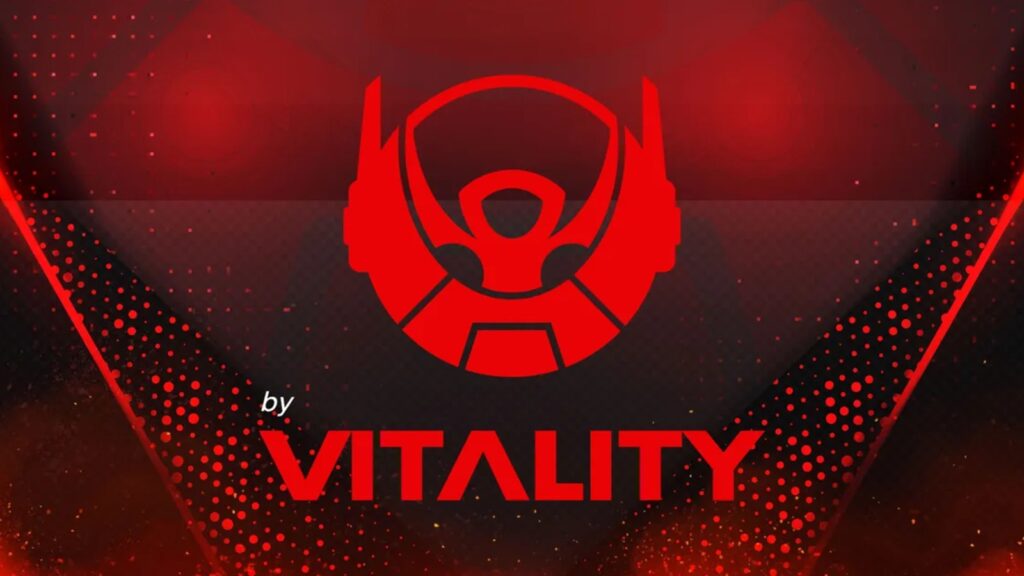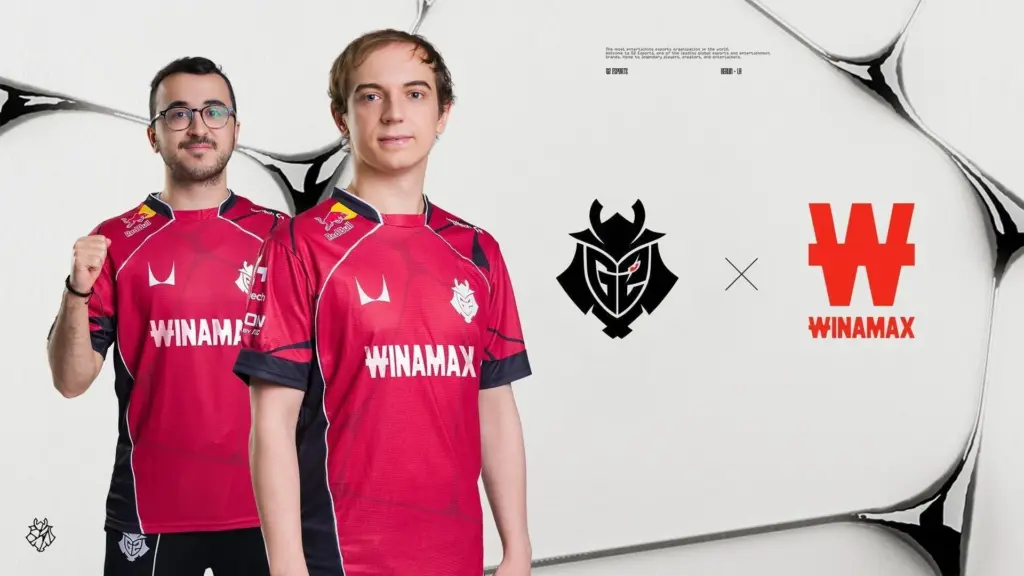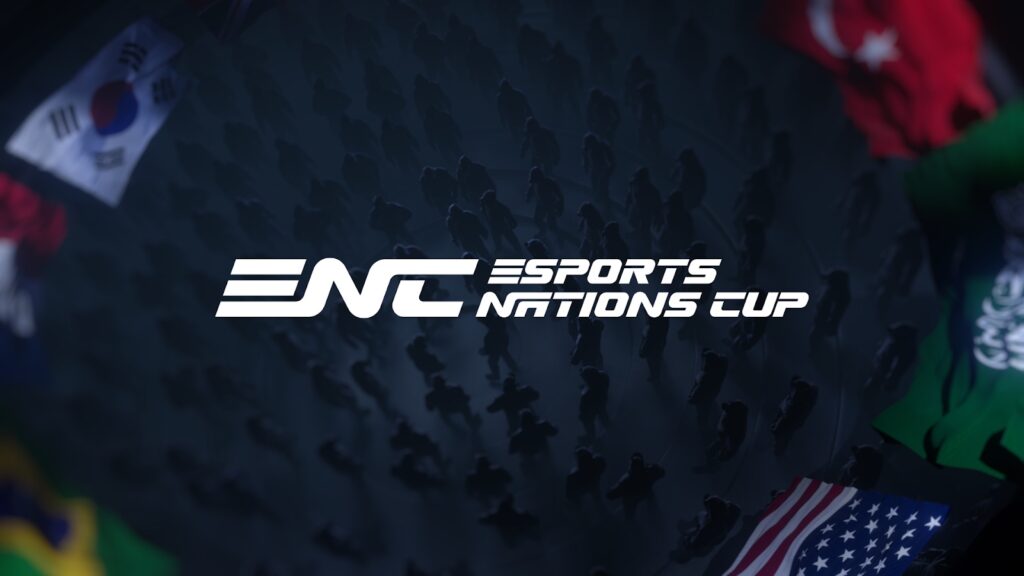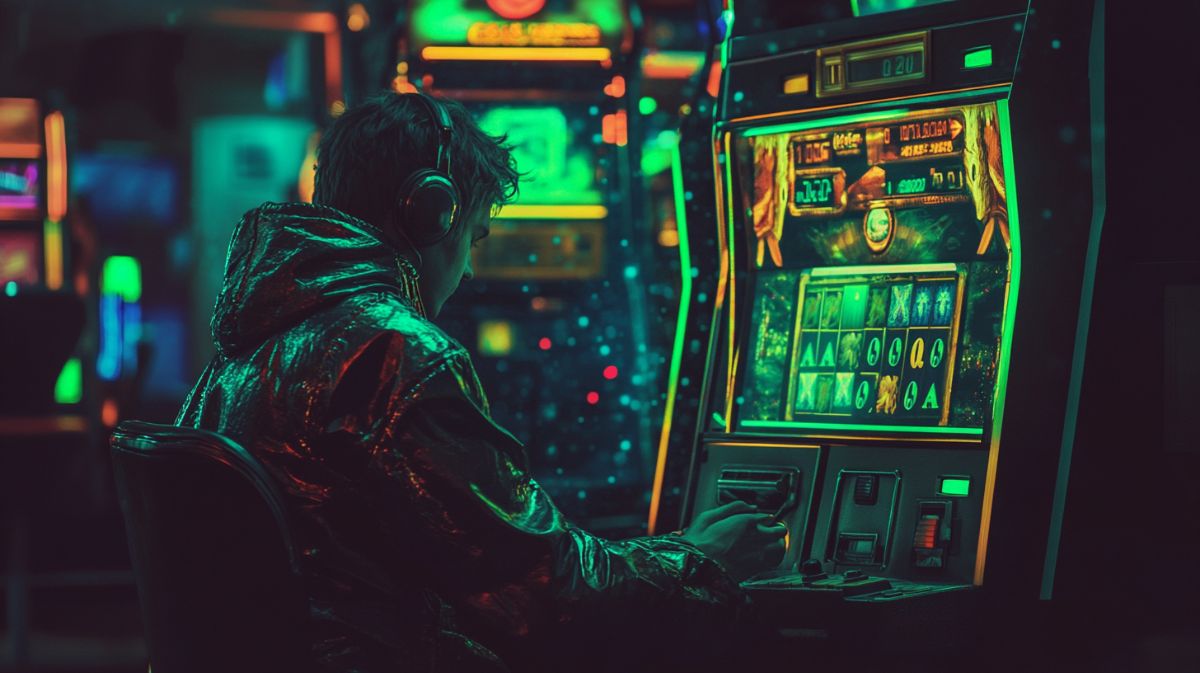Why Do Esports Gamers Have Short Careers and What Do They Do After Retirement?
Whilst many aspiring gamers are well aware of the potential rewards of becoming a professional esports player, it’s also evident that most will be unaware of the devastating physical and mental toll that this activity can carry with it. With the average age of esports players retiring being around the mid-twenties, there appears to be something causing them to hang their controllers up and retire from the professional scene. So why do esports gamers have short careers?
- Pro players practice for 10+ hours each day and can develop physical health issues such as Carpal Tunnel Syndrome.
- The average esports star retirement range has increased from 22-24 years to 25-27 years of age.
- Mental exhaustion is still omnipresent in the esports industry as pro players don’t have too much time for socializing with friends.
- While better, esports organisations still do not provide enough help to their stars regarding adequate rest, and physical and mental well-being.
The Demands On Modern Pro Gamers

© Riot Games
From a purely physical standpoint, pro gamers can develop repetitive strain injuries such as carpal tunnel syndrome which affects a gamer’s ability to play. CTS develops due to extremely fast wrist and finger movements where the muscles tend to develop micro-tears. Gaming this way constantly means that eventually, those micro-tears will turn into bigger tears, leading to CTS.
There’s also a wide range of mental health issues that hamper an individual’s approach to the game. Esports stars burn out young because, in a sense, they do not rest. Some players practice for 16 hours a day and sleep for the remaining 8, meaning their bodies are under constant duress. There is simply no time to relax if you want to be the best in the industry.
Granted, the average esports retirement age has increased from roughly 22-24 years of age to 25-27, primarily because most teams have health professionals to keep players in as ideal shapes as possible. But it’s still an early retirement compared to most other sports.
For many gamers, playing video games is pure escapism. But for top-level esports stars, games like League of Legends and CS2 become an all-encompassing way of life. Not only does becoming a professional gamer mean that your gameplay determines your livelihood, but the relentless practice schedule of 10+ hours each day means you won’t have time for social activities with friends – or alone time.
The isolation of the pro gamer has also increased through the result of many esports organisations establishing team houses where the gamers are expected to live together and put in the hours of practice necessary to be the best in the business. Practice is at the core of pro gaming success, and many gamers pride themselves on putting in over 60 or 70 hours per week without a thought of the potential toll that the intensive gameplay is having on their wrists, necks and backs.
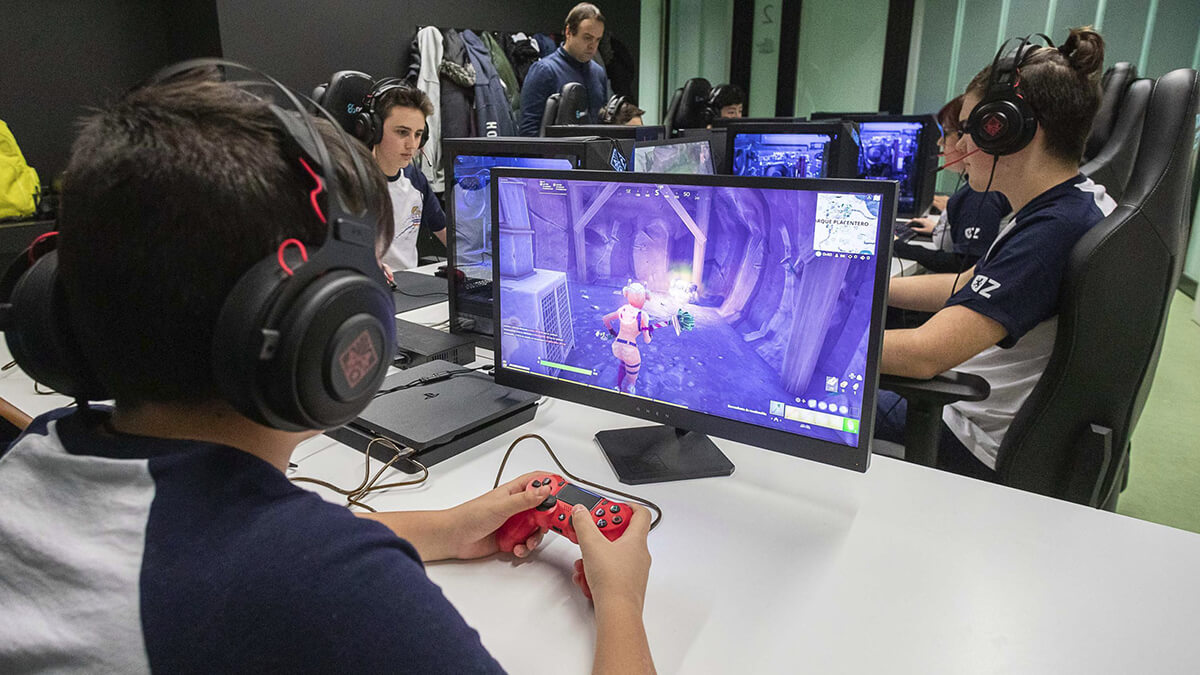
So why do gamers put themselves through such an ordeal? Most gamers start out by viewing esports as a dream job, as few people wouldn’t want to play video games for a living. But when a player gets established within a team, that’s when the real problems begin.
Not only do gamers face a huge amount of pressure from their team-mates, head coaches and sponsors, but they also face a constant barrage of withering scrutiny on X and Reddit. As a result, many top level gamers have found that mental health issues such as panic attacks and acute anxiety have become more problematic than physical issues such as repetitive strain injury. After all, if you have one or two bad games, the Internet will crash onto you and that’s a hard position to get out of mentally.
Are Esports Organisations Asking Too Much From Their Players?
The pressure that gamers put on themselves to succeed is immense, but there’s also concern about how various esports organisations operate that could be to the detriment of the competitors. From the lack of security in fighting for a place on a team, to the punishing esports tournament schedules, it has been felt that there is very little in the way of protection for young gamers.
These gamers, unfortunately, do not get a lot of help, either inside or outside the esports organisation they play for. With bunched-up tournament matches virtually every single week and month, it’s seen as a necessity to practice hard and beat anyone. But burnout is detrimental; no matter how good a player is, if they’re feeling tired or worn down, they will not perform as expected. And that’s the problem – the expectations can simply be too high. Only the most dedicated players can survive intact in the industry, and most choose to retire at the zenith of their careers so they don’t end up with long-term health problems down the line.
What Do Esports Players Do After They Retire?
Now that you know the answer to the ‘Why do esports gamers have short careers’ question, you’re probably wondering what they end up doing after retiring. The vast majority of them remain in the gaming space but without all the stress and obligations that esports requires. Some may turn to streaming on Twitch or other streaming platforms so they can stay connected with fans, others may disappear from the public eye completely but they still play games. Only a few completely give up gaming and focus on different areas of their lives.
The point is, esports must keep adjusting this approach because what’s great for the fans is not great for the players. There needs to be balance in all things and we’d hate to see players continue to have physical and mental issues because they’ve been pushed too hard. Health is the most important thing in the world. The good news is that the esports of today is in a better spot than where it was 5 and especially 10 years ago.



